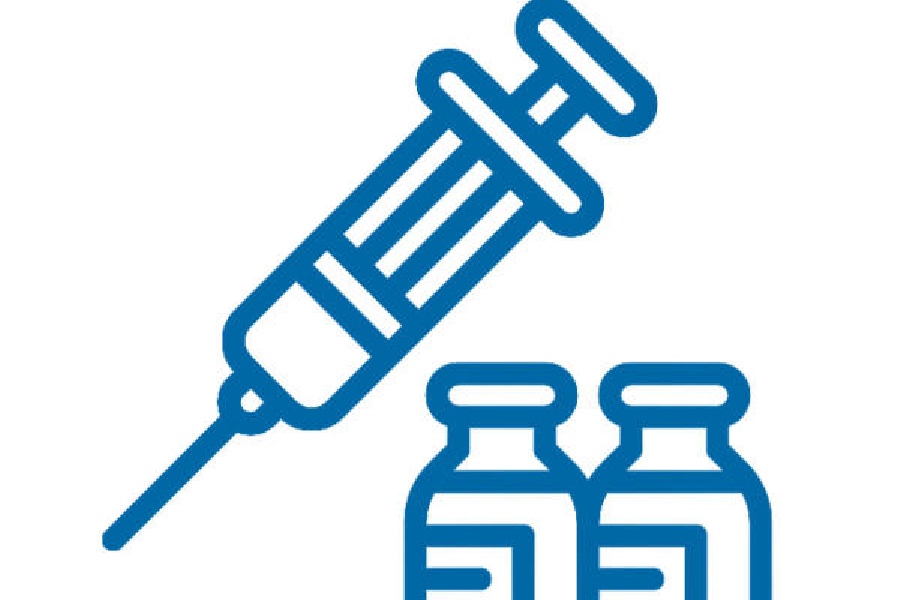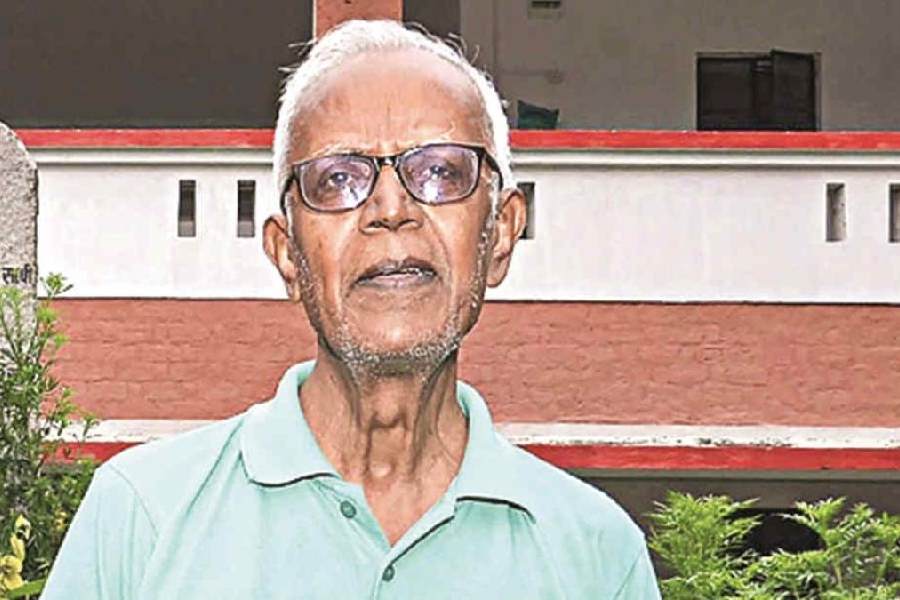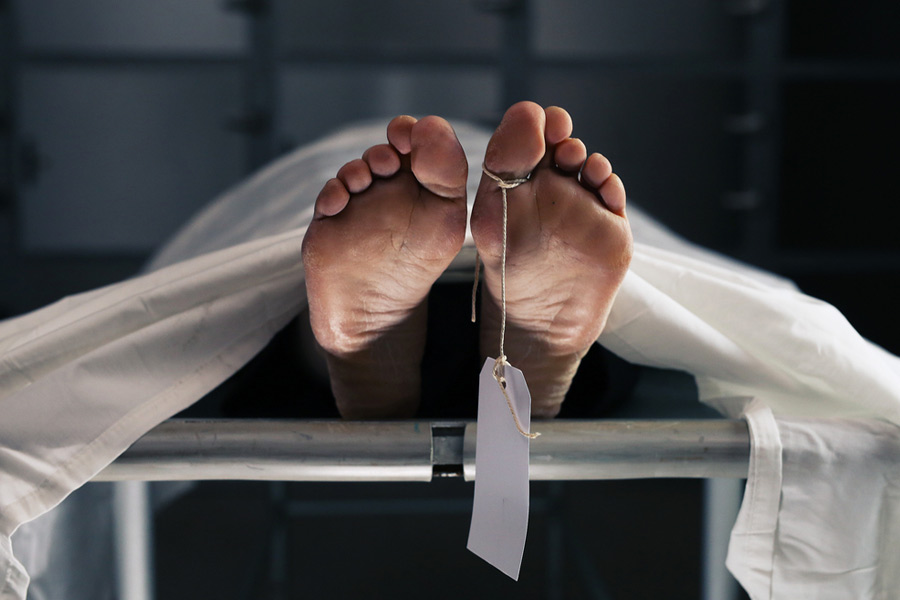A twice-yearly injection of a medicine named lenacapavir provides a 96 per cent reduced risk of infection with the human immunodeficiency virus (HIV), US researchers said on Wednesday, reporting the results of a landmark clinical study.
The results suggest that a regimen of two lenacapavir injections is significantly more effective than the daily oral pre-exposure prophylaxis (PrEP) regimen, currently prescribed to people at high risk of HIV infection from sex or injected drug use.
While oral PrEP is effective in curbing the risk of HIV infection, it needs to be followed consistently every day for efficacy — and doctors have noted challenges in adherence to the medication. About half the people who start taking daily oral PrEP stop within a year for various reasons.
“An effective injectable that is needed only twice annually is very significant for people who have trouble accessing healthcare or staying adherent to daily oral pills,” Colleen Kelley, the study’s lead author and professor of medicine at Emory University, said in a media release.
“For people unable to take the daily oral pills, the injectable medication can really give incredible efficacy and be a game-changer in helping them stay HIV negative,” Kelley said. The study’s results appeared in the New England Journal of Medicine on Wednesday.
In the clinical trial, only two of 2,179 people who received the twice-yearly lenacapavir acquired HIV compared to nine HIV infections among the 1,086 people who received an alternative PrEP regimen. The clinical trial was done in Argentina, Brazil, Mexico, Thailand, Peru, South Africa and the US.
“The results add to the armamentarium of novel tools for HIV prevention — the challenge now is to make these tools available and accessible in an equitable way,” Carlos del Rio, the chair of the medicine department at Emory, said in the media release. “Only then will we see new HIV infections decrease dramatically locally and globally.”
Gilead Sciences, the US company that makes lenacapavir, had announced last month that it had signed voluntary licensing pacts with six drug makers, including Dr Reddy’s Laboratories, Emcure and Hetero in India, to produce and sell lenacapavir for low-income and lower-middle-income countries.
Sections of health experts have described lenacapavir as the medicine that promises to “end AIDS” if it is available to those who need it. But doctors tracking India’s HIV control programme say it is unclear how lenacapavir might impact India.
“How our country might benefit from the lenacapavir initiative remains in doldrums as PrEP is not yet part of the National AIDS Control Programme in India,” Ishwar Gilada, an infectious disease specialist in Mumbai, had said in a statement after Gilead’s announcement last month.
Even though Indian generic drug makers make available anti-HIV medications and PrEP to other countries, Gilada said: “India is way behind many low-income and middle-income countries on PrEP.”
The government provides anti-HIV medications through a network of 750 clinics across the country. The National AIDS Control Organisation had estimated around 62,900 new HIV infections in India during 2021, a 46 per cent decline in new infections since 2010.
Gilada said new HIV infections disproportionately occur in young people especially men who have sex with men, bisexuals, injection drug users and jail inmates.









